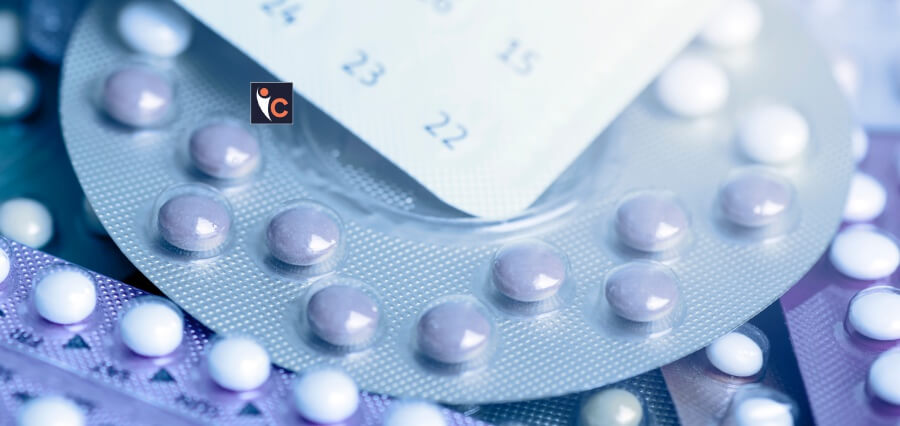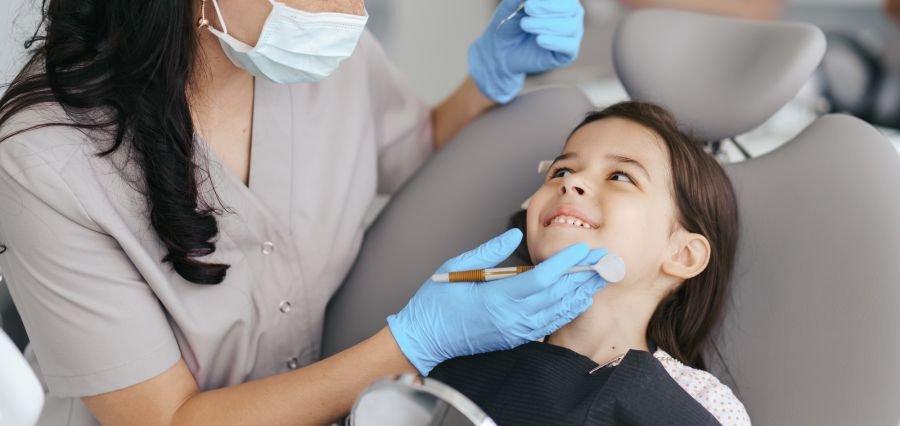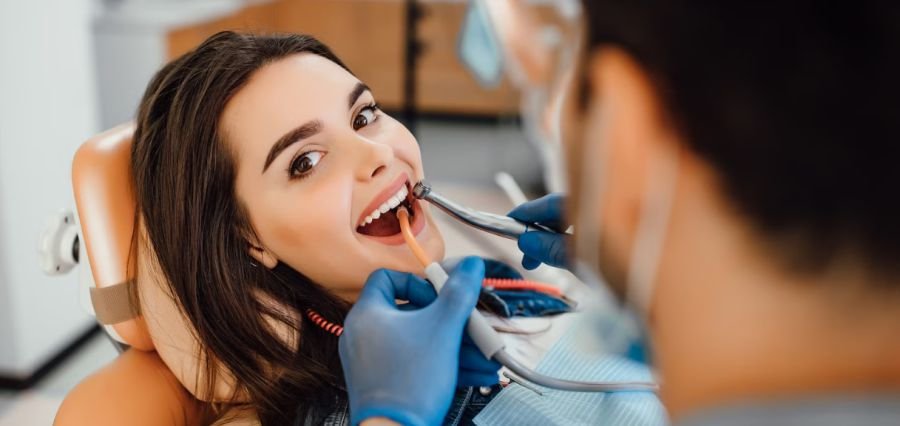What are Diane Birth Control Pills? (1–4)
Diane, also called Diane-35, are birth control pills working as oral contraceptives They are used to prevent pregnancy and treat various hormonal conditions, such as acne. These pills consist of two combined hormones:
- Ethinylestradiol: A synthetic estrogen hormone.
- Cyproterone acetate: An anti-androgen hormone.
Mechanisms of Action
1. Preventing Ovulation
Ovulation refers to the release of eggs from the ovaries. The combination of the Diane pills; ethinylestradiol and cyproterone acetate, maintains a steady elevation in hormonal levels which leads to inhibition of the secretion of follicle-stimulating hormone (FSH) and luteinizing hormone (LH) from the pituitary gland, both of which are needed hormones for ovulation. As a result, the process of ovulation is suppressed.
2. Thickening of Cervical Mucus
Diane pills also increase the thickness of cervical mucus, which creates a barrier that prevents the movement of sperm through the cervix and into the uterus. This reduces the chance of sperm reaching the egg.
3. Endometrial Changes
These pills change the environmental conditions of the endometrium, making it less suitable for fertilizing the eggs. If the egg is fertilized, these changes prevent it from being implanted in the uterus, thus preventing pregnancy.
4. Anti-Androgenic Effects
Cyproterone acetate is an anti-androgenic hormone, that competes with androgens (male hormones) in the body, blocking their effects. Elevated levels of androgens can cause symptoms, such as severe acne and hirsutism (overgrowth of body hair). These pills decrease androgen levels, resulting in a reduced risk of such symptoms.
Furthermore, cyproterone acetate can reduce the overall levels of androgens in the body by lowering their production in the ovaries and adrenal glands.
5. Hormonal Regulation
The combination of ethinylestradiol and cyproterone acetate helps balance hormonal fluctuations related to conditions, such as irregular menstrual cycles, polycystic ovarian syndrome (PCOS), and other hormonal disorders.
Indications
- Prevention of Pregnancy.
- Hyperandrogenism: Diane pills can reduce symptoms of hyperandrogenism, such as acne and hirsutism. However, these pills should only be used for acne that is unresponsive to other treatments, such as topical therapies and antibiotic medications.
- PCOS: Diane pills can manage symptoms of PCOS, such as irregular menstrual periods.
Dosage and Administration
Diane birth control pills should be taken as the following:
- One tablet every day, at the same time, each day, for 21 days (3 weeks). The treatment usually begins on the first day of the menstrual cycle (the day of bleeding).
- Followed by 7 days (1 week) off medication.
Potential Side Effects
Diane pills have potential adverse effects, ranging from mild to severe, including the following:
- Mild Symptoms: These symptoms usually resolve spontaneously over time and may include headache, nausea, breast tenderness, and mood swings.
- Serious Symptoms: Women over 35 who smoke have an increased risk of blood clots. Therefore, consulting a healthcare provider before starting Diane pills is crucial.
Precautions
Diane pills should be avoided in the following cases:
- Patients who are allergic to ethinylestradiol, cyproterone, or any other ingredient in the medication.
- Pregnant or might be pregnant women.
- Women with a history of conditions, such as cholestatic jaundice, blood clotting disorder, otosclerosis, breast cancer, or liver tumors.
- Women who are currently taking other hormonal birth control pills, such as estrogen/progestogen combinations.
References
- https://www.nps.org.au/medicine-finder/diane-35-ed-tablets
- https://medbroadcast.com/drug/getdrug/diane-35
- https://www.bayer.com/sites/default/files/DIANE_35_EN_PI.pdf
- https://www.ncbi.nlm.nih.gov/pmc/articles/PMC143555/
Read More Articles: Click Here










